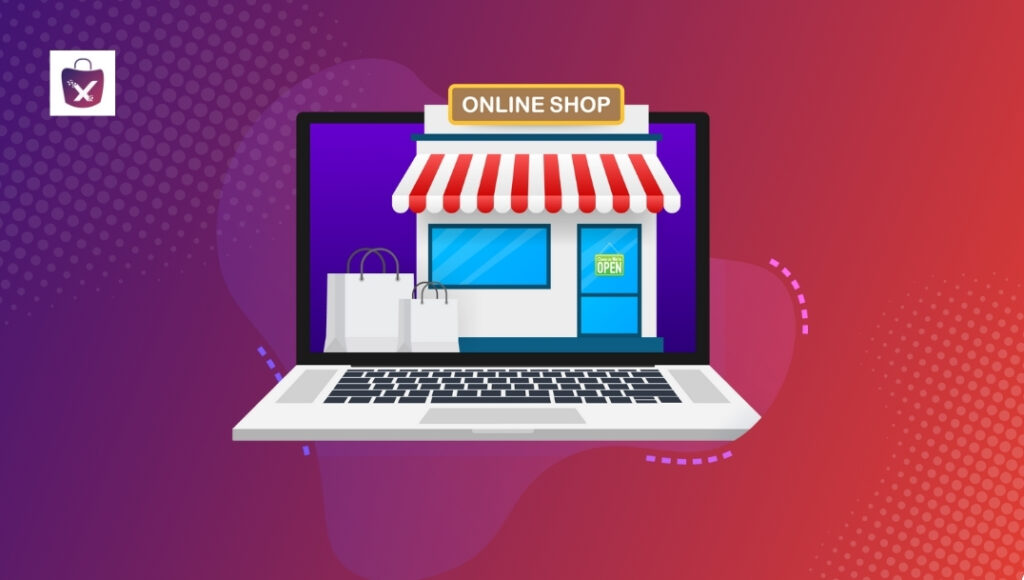In the previous article, we talked about how some factors such as development and deployment timelines, budget and competition affect both standalone web stores and multi-vendor marketplaces. We saw that although web stores offer an unparallel degree of control over how you manage your e-commerce business, it fails to provide you the ease of operation that marketplaces enjoy.
On one hand, you can customize your own store to any extent you wish with a library of developer supported plug-ins, a multi-vendor marketplace takes the pain of micromanagement away and leaves you free to concentrate on selling your products which is the whole point of an e-commerce business. However, the differences don’t end at that as there are 3 other major points we must discuss before you can declare yourself reasonably well informed enough to choose which path to follow on the way to set up your online venture.
The Client-Vendor Relationship
As is the case with any B2C venture, having clear lines of communication is very important for building a loyal customer base and build a sense of community around your business. The latter is especially important today given the fact that the majority volume of business in case of e-commerce is driven my social media and word of mouth advertising. In other words, if you can successfully manage to build a community around your store, you are already half way through with your long-term marketing strategy. Additionally, a customer community built around your e-commerce business lends a degree of automation to your entire marketing drive.
In case of a web store, things are way more personal. More often than not, you or your staff will be in direct communication with your customers whenever they reach out to you. If you have great customer support and you use it with great extension to talk with your customers, helping them with their queries and resolve their issues, it will foster a bond of trust between you and your customer. It is quiet an obvious fact that customers will generally choose to shop at stores which they trust over gimmicky sales and discounts. With your own web store, you can allow your customers to choose from a wide range of options through which they can reach out to you. Aside from the tried and tested support emails and toll-free phone-in numbers, you can also customize your shop to include much more specialized support tools including an onsite chat feature or a support ticket system. In each case, you will be directly communicating with your customer, making it much easier to resolve even the most difficult of issues and queries. Plus, it beats the hell out of canned replies and automated responses.
However, and for all intensive purposes, this requires you to put in the effort such a system would demand. If your store handles a high volume of orders, it may become difficult for you to handle customer interaction all by yourself, which of course means spending on hiring additional staff to man the lines. Also, and this is purely from a technical standpoint, it would require some coding skills to set up the chat and ticketing system. Even if you managed to find free plug-ins to get the job done, there will still be the task of installing, customizing, testing and deploying the features.
With multi-vendor marketplaces, building communication channels to reach your clients is a non-requirement because most marketplaces already have their own customer query system set up. Generally, because marketplace owners can dedicate most of their resources towards developing the platform’s technology, client communications channels are pretty advanced and streamlined to handle massive volumes of incoming emails, chats and support tickets. However, working through a
However, working through a multi-vendor marketplace in essence, means that you will, in all probabilities, have to surrender to the rules of engagement set by marketplace owners. Simply put, this can go a long way in taking the load off your shoulders when it comes to solving client issues and since the marketplace acts as the middleman and mediator for all exchanges, it will be in control of the money and information which flows between the seller and the buyer, significantly reducing the scope for any misunderstanding between parties. However, it must be noted here that marketplaces are generally slanted in the favor of the customers, even if slightly so. Therefore, any disputes arising out of a transaction will have a greater probability of being settled in favor of the buyers.
Another issue which arises while working within the marketplace model is that as a vendor, customers would hardly know you and you’ll have a slim or no opportunity to build rapport with them. Vendors generally remain invisible and all the glory is more often than not heaped upon the marketplace itself. This means that you will have a tough time developing a loyal customer base or even a community around the brand you are working hard to build. So, what you earn by the way of a less intense client communication experience and a mediated transaction platform, you will have to trade away in the form of less visibility for your brand and business.
Name and Fame – Reputation Management in Competitive Environments
Broadly speaking, the highest goal of any business is to be the best in its class and be on top of every list and chart that matters. However, if you wholeheartedly believe in this idea and run your house accordingly, the honest to God truth is that multi-vendor marketplaces are not for you. Out there on the ground, the competition will be too large and diverse for you to carve out a niche for yourself. A
Out there on the ground, the competition will be too large and diverse for you to carve out a niche for yourself. A multi-vendor marketplace model virtually strips away the individual identity of the sellers and whatever goods they bring to the market is usually associated in the public consciousness with the marketplace itself rather than the seller.
Building your reputation as a seller is one the places where individual web stores have a clear advantage over marketplaces. Despite being a cost intensive affair which is also difficult to manage, with some hard work, it is possible to build a thriving community and a loyal customer base around your brand. It’s not an easy task and you’ll likely need to put in thousands of hours into marketing your brand properly and delivering top-notch customer experience. Pair that with a carefully curated selection of high-quality products and you will earn for yourself and your brand a sterling reputation as one of the premium ecommerce retailers out there.
As far as servicing your reputation is concerned, it’s a much easier task for a web store owner. Since marketplaces have one set of rules which apply to vendors across the board, it is not very easy to isolate and correct customer service incidents which have gone wrong. This inability to control such outcomes will eventually lead to a diminishing rating within the marketplace and after a while, you are likely to find yourself losing significant business over time.
With web stores, you don’t have that issue and you can personally isolate problematic incidents and address them till they have been resolved successfully. This has a multifold outcome – you get to effectively solve an issue and you can also potentially gain a reputation for going above and beyond to deliver what a customer wants or needs.
Conclusion – On Growth, Expansion and Scalability
The fact of the matter is that on a marketplace platform, you can start off easy, build yourself up fast and begin selling with the least amount of effort, investment and technical know-how. However, as time goes on, you will likely hit a plateau as far as sale is concerned. The reasons could be many – the marketplace itself is not scaling upwards, more competition is coming in, customer behavior may have changed or your catalog has been exhausted. In all, you will be at the mercy of how well the marketplace performs at large. A very small margin will have anything to do with how good a vendor you are.
Starting your own web store is nothing short of playing with fire. On one hand, if you make a mistake, you’ll burn the house down and if you manage to master the art, there are enormous benefits to be reaped. Yes, web stores are time and capital intensive and you will probably have to spend most of your waking hours micromanaging everything from customer queries to inventory and marketing. It has all the potential of turning into a money pit but once you have your store up and running, you will only be limited by your imagination.
Which e-commerce model is your preferred one and what are the benefits of each model that have caught your imagination? Considering the pros and cons of each model that we have summed up here, how will you kickstart your e-commerce business? Will you start with a single web shop or launch your own marketplace?









